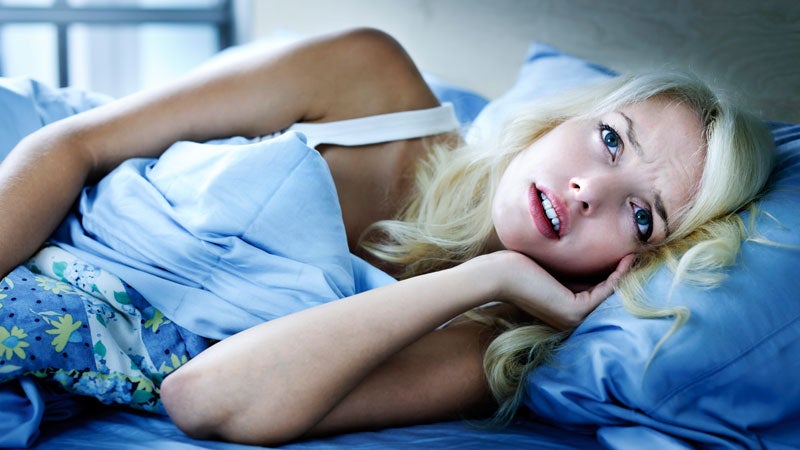Blame your insomnia on adrenaline and cortisol.
“Strenuous exercise beyond the usual for a given individual does activate stress-responsive systems, including the release of cortisol in the evening and adrenaline; it is well known that difficulties falling asleep and staying asleep may occur,” says , director of the University of Chicago’s Sleep, Metabolism and Health Center.
How Adrenaline Affects Your Sleep
Let’s look at adrenaline (also called ) first. The body secretes the hormone and a similar one called norepinephrine in response to exercise. These hormones increase heart rate, blood flow to muscles, muscle strength, sugar metabolism, and alertness. In other words, they help you perform physical activity, but can also make it hard to chill out and doze off.
The amount of these hormones present in your bloodstream of whatever you’re doing. It also tends to , so it’s likely your longer-than-normal bike ride pumped you full of adrenaline and norepinephrine. While adrenaline often falls back to normal levels shortly after exercise, researchers believe that norepinephrine can remain elevated for up to , possibly contributing to your sleepless night.
Cortisol Is Stealing Your Shut-Eye
Endurance exercise also triggers cortisol’s release because the hormone helps increase glucose concentration in your blood so your muscles will have the fuel they need to keep going. (Check out by researchers Robert Robergs and Len Kravitz for more detail on how cortisol preserves the body’s carb stores.)
Cortisol also plays an important role in the body’s natural sleep-wake cycles. Normally, the levels of the hormone circulating in your blood peak around 30 minutes after you wake up, then decline throughout the day until it hits a low that correlates with your going to sleep. But your massive bike ride elevated those cortisol levels and likely threw the whole system off. Instead of rising and falling, your cortisol levels were constantly elevated on the day of your ride. Scientists have found that “flat” cortisol slopes can make it difficult to fall and stay asleep.
As legendary endurance sports coach points out, there may be other factors screwing up your sleep as well. Did you ingest a lot of caffeine during your workout to keep you going? Did you stress out when you got home to face a spouse who was ticked off when you rode your bike for so long on a Sunday?
Bottom line: The hormones that help keep your body going during a tough workout (adrenaline, norepinephrine, cortisol) are likely keeping you up. Staying well-hydrated and fueled during your workout can help blunt that cortisol response, which may make it easier to sleep even after an unusually epic training day.


